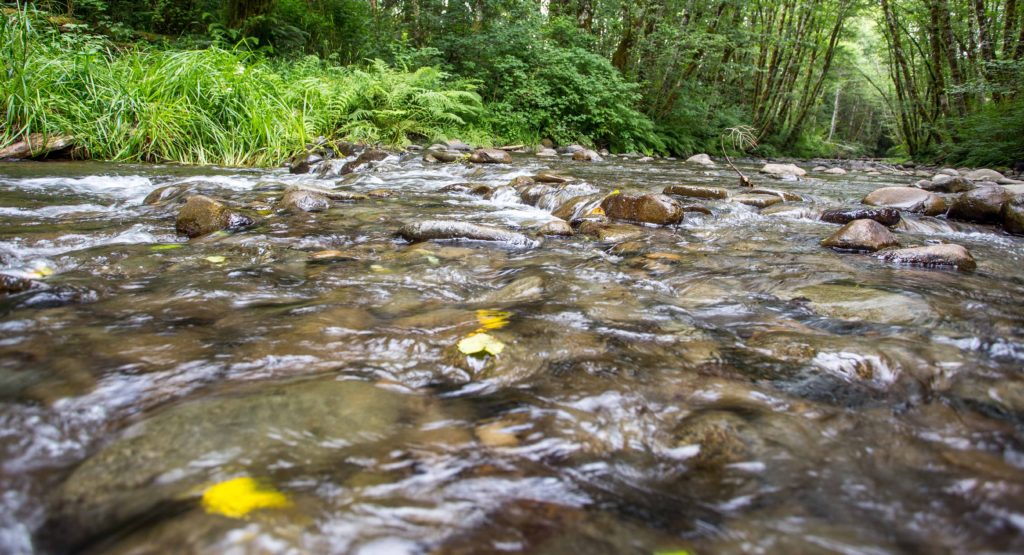October 30, 2021
**This story originally published via the Associated Press
SALEM, Ore. (AP) — An agreement has been reached between timber and environmental groups to overhaul management of 10 million acres of private forestlands in Oregon.
Oregon Public Broadcasting reports the deal, announced Saturday by Gov. Kate Brown’s office, concludes more than a year of negotiations to develop a plan to boost protections for vulnerable fish and wildlife while shielding the timber industry’s ability to log.
Friday was the deadline for both sides to either reach consensus, abandon the process or move the deadline.
“Today’s historic agreement is a perfect example of the Oregon Way –– coming together at the table to find common ground, to the mutual benefit of us all,” Brown said in a statement. Jim James with the Oregon Small Woodlands Association similarly praised the compromise.
“We were able to put down the contentious situations that we’ve had in the past and we had a continuous agreement to move forward,” James said.
Speaking on behalf of the timber coalition, Adrian Miller with the Florida-based forest products company Rayonier said Saturday’s agreement gives timber operators a sense of security going forward.
“I think we’re all really proud to be part of a new era of forestry in Oregon,” Miller said.
In 2020, the sides each planned a series of competing ballot measures that could have turned into a costly political fight.
Environmental groups sought strict limits on spraying of aerial pesticides and improved protection for forest waters. Meanwhile, the timber industry sought compensation for private landowners when state regulations limited their ability to log.
Brown instead pushed for the two sides to negotiate.
Representatives from the timber industry and environmental groups were charged with setting terms to pursue a statewide habitat conservation plan to safeguard fish, wildlife and water quality. A habitat conservation plan, or HCP, is a tool that allows practices like logging or irrigation to continue while minimizing damage to wildlife habitat.
Saturday’s deal sets in motion what could be a lengthy, possibly yearslong process to craft, approve and adopt an HCP into law and begin implementation.
“There’s no doubt that there’s gonna be challenges ahead,” said Sean Stevens, executive director of the conservation group Oregon Wild. “But I do think that this agreement provides a different sort of foundation than we’ve ever had before for tackling those challenges ahead.”
The next step will be to introduce a bill in the Oregon Legislature to make significant changes to the Forest Practices Act to protect riverbanks and streamsides, improve forest roads and allow for adaptive management of private forests.
Then the state will pursue an HCP, which will require a rulemaking process overseen by the Oregon Board of Forestry. After that, state leaders can pitch the plan to federal regulators.

